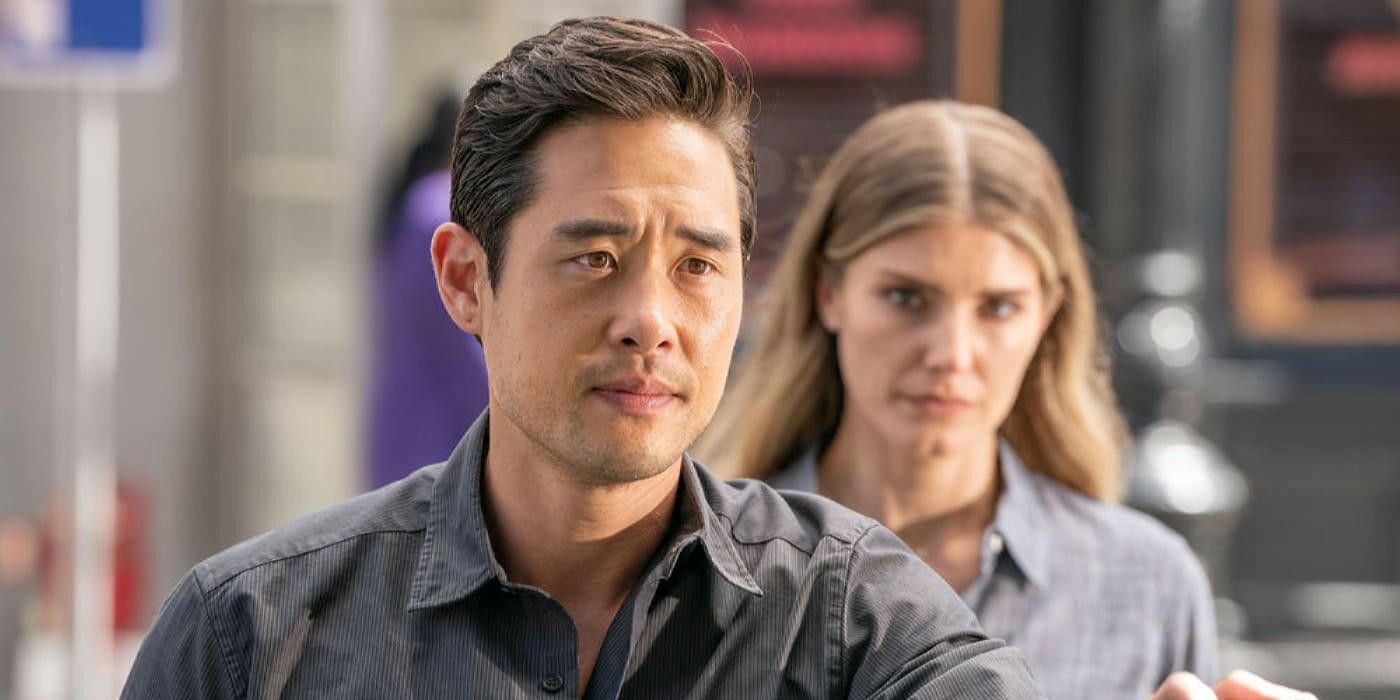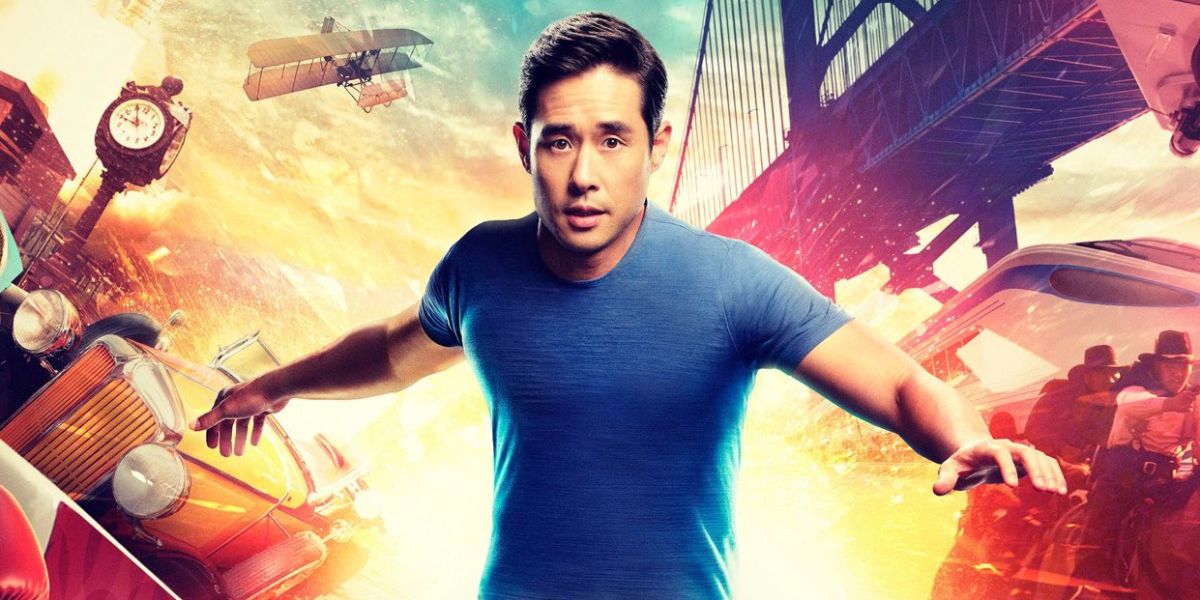As TV networks and streaming companies lean into the promise of rebooting beloved franchises (with established fanbases), perhaps no series is as primed and ready to be revisited as Quantum Leap. Created by Donald P. Bellisario, the original Quantum Leap series aired for five seasons from 1989-1993. Starring Scott Bakula as Dr. Sam Beckett, the series was officially a science fiction drama, but it also featured a mix of humor, romance, and social commentary. Operating on the same premise as the original, the highly-touted Quantum Leap reboot seeks to recapture that genre-bending quality -- with mixed results.
For better or worse, the Quantum Leap reboot is jumping directly onto the coattails of the original and picking up where it left off. In the 1989 series, Dr. Sam Beckett was working on a time machine when he did something unexpected. Threatened with a loss of funding, Beckett jumped into an untested particle accelerator, which threw him back in time. Except, Beckett didn't just time travel; he "leaped" into someone else's body in the past, and the only way to "leap" out of that person was to rectify some mistake in the person's life. The premise carried Quantum Leap for five seasons until the final episode when an end card told audiences that "Dr. Sam Beckett never returned home."
As the reboot opens, a team has revived Beckett's Project Quantum Leap and is seeking to find the flaws that saw Beckett forever lost in spacetime. The team is led by physicist Dr. Ben Song (Kevin Can F**K Himself's Raymond Lee). Alongside Dr. Song is Addison Augustine (Caitlin Bassett), an ex-Army Intelligence officer. Addison appears to Song in the past as a hologram and guides him through his tasks. Led by boss Herbert "Magic" Williams, played by Ernie Hudson, the team also includes The Sandman's Mason Alexander Park as Ian Wright, a non-binary computer programmer, and Nanrisa Lee as Jenn Chou, the project's security specialist.
Episode 1, "July 13, 1985," shows how Dr. Song does the same thing that Dr. Beckett did years ago, jumping into the untested particle accelerator and getting lost in time. Of course, that seemed like an awfully bad idea, especially given Beckett's failed precedent. For that reason, the reboot's pilot was a bit contrived. It's been done before, with the same machine and the same design flaws. Basically, Episode 1's repeated narrative feels a little too much like déjà vu.
Granted, some viewers may like the reboot's tried-and-tested premise. As a recording of Dr. Song says near the end of Episode 1, he had an important reason for "leaping" into the past. Except, his self in the past can't remember that reason. So, as Dr. Song's team is trying to bring him back to the present, viewers will be left wondering why he risked his life by "leaping" back at all.
In a way, the reboot feels like it's playing toward an endgame. Everyone (in and out of the series) wants to know what happened to Dr. Sam Beckett, and the only way to solve that mystery will be by finding a way to bring Dr. Song home. The question is whether the reboot will be able to make viewers care enough about the new characters and their journeys or whether the endgame will overshadow everything else. Episode 1 revived a fun story and a fun series but offered little new to the recipe of Quantum Leap. Hopefully, the reboot will be able to forge its own path and capture its own audience -- but it needs to add something to Quantum Leap's premise if it's going to succeed long-term.
The Quantum Leap reboot premieres Sept. 19 at 10 pm ET on NBC.



